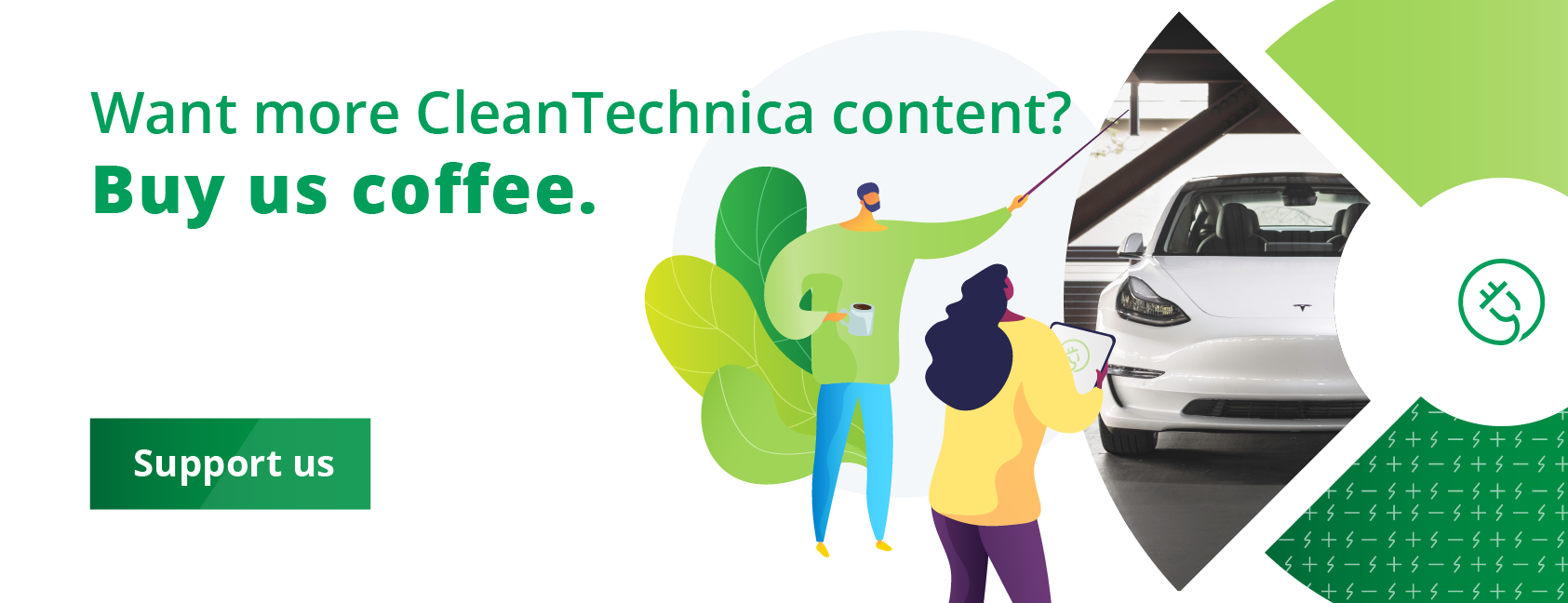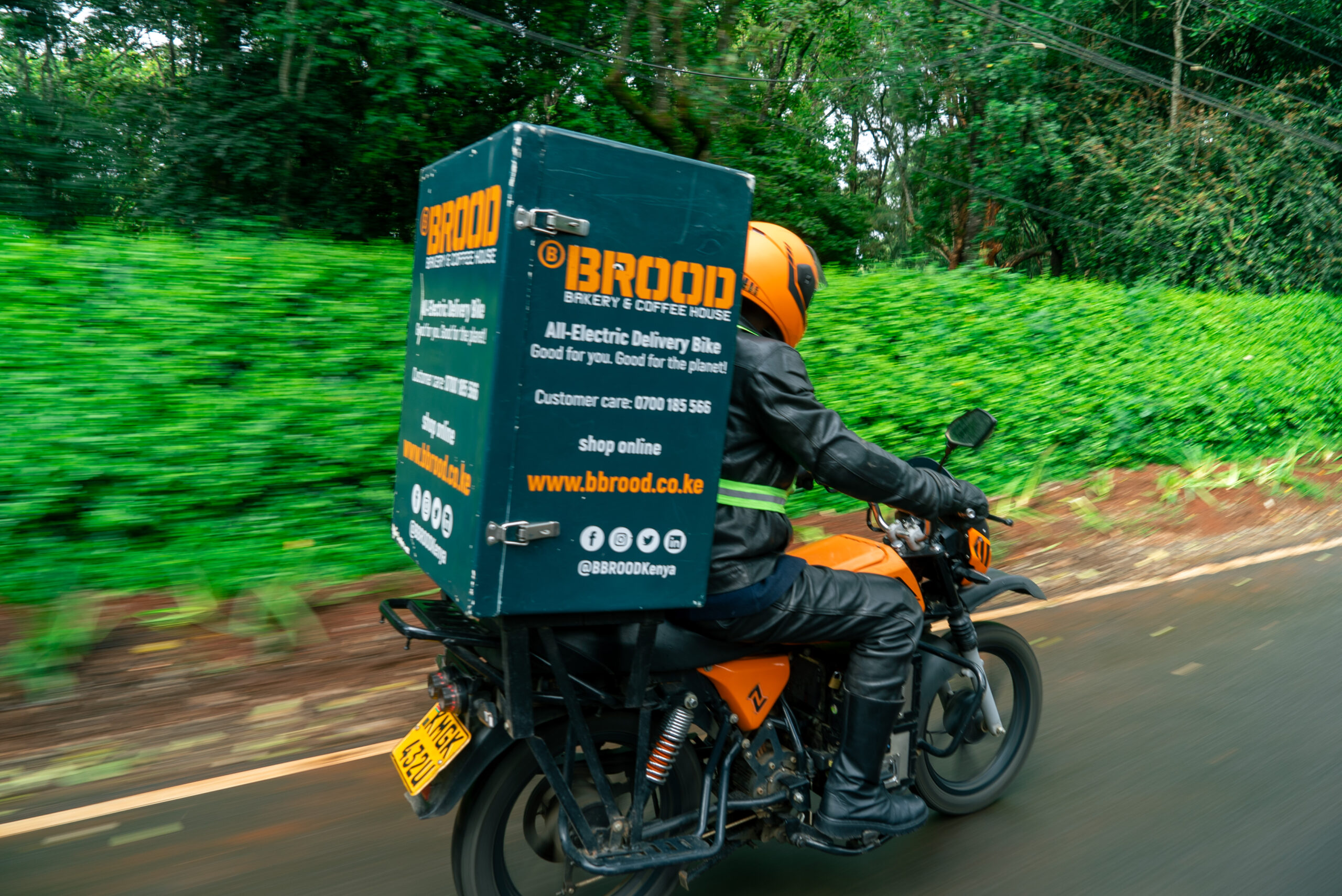
Despite the lingering semiconductor chip shortage, the US manufacturing sector is in the early stages of a history-making boom, and A-list global corporations are taking notice. That includes Germany’s Bosch, which is hammering down stakes in both the US chip industry as well as the green hydrogen and fuel business. Wait — fuel cells?
What Chip Shortage?
Whether or not the global chip shortage still persists depends on who you’re talking to, and what kind of chips you need.
The COVID-19 pandemic is widely cited as the proximate cause of the chip shortage that fell upon the auto industry like a wet blanket in 2020 and the following years. Natural disasters, shipping disruptions, Russia’s murderous rampage into Ukraine, and other episodic elements also factored in (see CleanTechnica’s coverage here).
Some of those impacts continue to linger, but the picture has changed dramatically. J.P. Morgan is among those seeing the light at the end of the tunnel. “The chip shortage is all but over,” the firm wrote optimistically on April 18, citing a new analysis from its J.P. Morgan Research branch.
“In fact, there may even be oversupply in the short term, though looking further ahead, some shortages could linger as certain types of chips remain more in demand than others,” the firm added.
More Chip Shortage Woes For The Auto Industry, Or Not
You can say that again, especially the part about lingering shortages — “some shortages could linger as certain types of chips remain more in demand,” including chips made for the auto industry. The modern car is basically a large, rolling electronic device festooned with semiconductors just like any other piece of modern electrified hardware, except that the chips used in auto manufacturing are not the same as the ones in your new toaster oven.
“At the height of the chip shortage, global auto production slumped 26% during the first nine months of 2021,” J.P. Morgan notes. If another chip shortage does occur, it is not likely to touch off a reaction of that magnitude. However, the drip-drip-drip of an insufficient supply could slow down the pace of vehicle electrification.
Our friends over at Electronics Sourcing cite an estimate of roughly 1,000+ chips for a conventional car and twice that many chips for an electric car, to run everything from safety features to gamer-friendly light and sound features.
“Automotive-grade chips must maintain functionality and reliability in more extreme conditions than their consumer counterparts. Temperature ranges in a vehicle are higher, lifecycles are longer, and have low failure rates. All a must to pass the automotive standards for chips,” Electronics Sourcing explains.
Bosch Does Battle With US Chip Shortage
Into this mix steps Bosch. The company has roots in the 19th century and burnished its 20th century reputation on high-quality consumer appliances and hand-held power tools while working its way up to becoming the largest automotive supplier in the world that you have never heard of, at least not here in the US.
Bosch made some recent forays into solar and battery technology that ran aground, but its other 21st-century endeavors have cemented its role in the Internet-enabled industries of the future. Alleviating the chip shortage, and making sure it doesn’t happen again, is a key part of the company’s overall plan.
The US manufacturing boom has set the stage for Bosch to expand its stateside footprint. CleanTechnica took note earlier this year when Bosch announced that it is acquiring the US chipmaker TSI Semiconductors, which makes 200-millimeter wafers and counts automotive chips among its areas of expertise. (See more Bosch coverage here.)
I also had a chance to preview a version of the US operation in person earlier this month, during a visit to the company’s chip factory in Reutlingen as part of CleanTechnica’s trip to Germany. It was an eye-opener in terms of the scope of the resources need to support the decarbonized, electrified cars of the future, including:
- Hundreds of employees and contractors commuting on three 2/7 shifts.
- Laundry and disposables for everyone on site, including shoe coverings and T-shirt/jogging pants, uniforms for general wear, and full gear for the clean room: mask, gloves, hood, overalls, and boots.
- Massive climate and air control systems and other support systems taking up much of the floor space in the building.

The visit also provided some insights into the automated chip factory of the future. The acquisition and upkeep of automation equipment adds yet another supply chain layer onto an already complex operation.
Part of the challenge is to match the available automation equipment with the items demanded by the market. At Reutlingen, for example, Bosch developed a hybrid approach that deploys everything from advanced robotics down to hand carts to accomplish hundreds of steps over a period that stretches into months (a typical chip can take up to four months from design to completion).
Our hosts also noted that matching the available brainpower with chip manufacturing could be another challenge, one they hope to get ahead of by leveraging the experts at TSI.
It’s Fuel Cells & Green Hydrogen For Bosch
Bosch raised eyebrows back in 2018 when it pulled back from its plans to mass produce solid-state batteries through its acquisition of the startup Seeo. More recently, the company also shelved a joint venture with Volkswagen to manufacture batteries in Europe.
That doesn’t mean Bosch has given up on vehicle electrification, though. Here in the US, the company is focusing on hydrogen fuel cells for heavy duty trucks, to be manufactured at its facility in South Carolina.
The US electric truck startup Nikola has first dibs on the Bosch fuel cells, which underscores the emerging role of green hydrogen in the transportation industry. Nikola launched its plans for zero-emission fuel cell mobility in 2014 when the global hydrogen market relied almost exclusively on fossil energy sources. Fossil energy still dominates, but Nikola is among the stakeholders laying plans to push the market for green hydrogen, sourced by applying electrolysis systems to water.
That dovetails neatly with Bosch’s plans to step up its electrolysis business. The company already has a head start through its experience in water purification, and earlier this month it announced a new electrolysis system with an eye on remote and offshore hydrogen production.
The Fuel Cell Truck Solution
In a one-on-one interview with me, Thomas Pauer, president of Powertrain Solutions, indicated that green hydrogen is an essential part of Bosch’s fuel cell plans, not an afterthought.
Pauer noted that the TCO (total cost of ownership, including fuel, resale, etc.) for green hydrogen fuel cell trucks has to come down to compete with diesel. He put the competitive cost for green hydrogen fuel in the range of $3–4 US dollars per kilogram compared to its current cost of about $9 per kilogram now.
“It is definitely possible. It is a clear trend and we can achieve it early in the US,” he said. “The Inflation Reduction Act supports hydrogen, so the US is likely to reach $3–4 per kilogram sooner. It is the scaling effect.”
The Inflation Reduction Act certainly has flipped the switch. It came up many times during the visit to Germany. In addition to establishing a friendly environment for cleantech investors in the US, the IRA set a high bar for Europe to follow.
That includes a significant impact on the cost of green hydrogen. S&P Global is among the firms looking at the potential for the IRA to zero out the cost of green hydrogen by 2030. Though, anything goes after its provisions lift.
As for the rest of the world, Pauer took note of the ever-growing color chart that identifies different hydrogen sources, including natural gas with carbon capture. He characterized them as bridge fuels that will eventually dry up, leaving the field to green hydrogen.
“The preference for green hydrogen is very clear,” he said. “Studies show that green hydrogen will be cheaper … there will be no more colors except green.”
Find me on Threads @tinamcasey. Also Post @tinamcasey, or @TinaMCasey on LinkedIn and Spoutible, or @Casey on Mastadon, or Twitter (for now) @tinamcasey.
Photo (courtesy of Bosch): CleanTechnica suited up to visit the clean room at Bosch’s chip factory in Reitlingen, Germany to get the inside scoop on the chip shortage and its solutions. Look for me in the front row and please note that CleanTechnica was a guest of Bosch on this trip.
I don’t like paywalls. You don’t like paywalls. Who likes paywalls? Here at CleanTechnica, we implemented a limited paywall for a while, but it always felt wrong — and it was always tough to decide what we should put behind there. In theory, your most exclusive and best content goes behind a paywall. But then fewer people read it! We just don’t like paywalls, and so we’ve decided to ditch ours. Unfortunately, the media business is still a tough, cut-throat business with tiny margins. It’s a never-ending Olympic challenge to stay above water or even perhaps — gasp — grow. So …
Sign up for daily news updates from CleanTechnica on email. Or follow us on Google News!
Have a tip for CleanTechnica, want to advertise, or want to suggest a guest for our CleanTech Talk podcast? Contact us here.
Former Tesla Battery Expert Leading Lyten Into New Lithium-Sulfur Battery Era:
CleanTechnica uses affiliate links. See our policy here.




